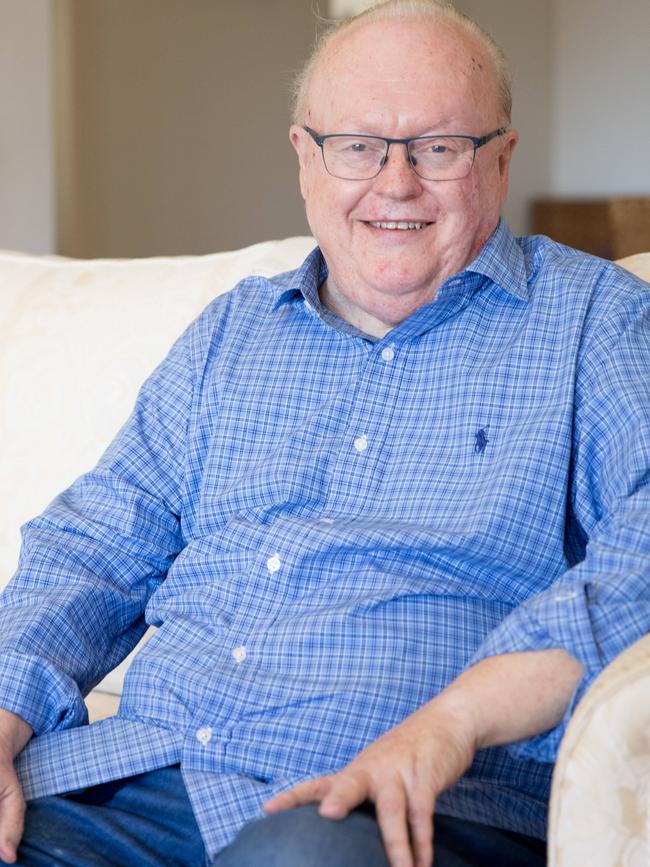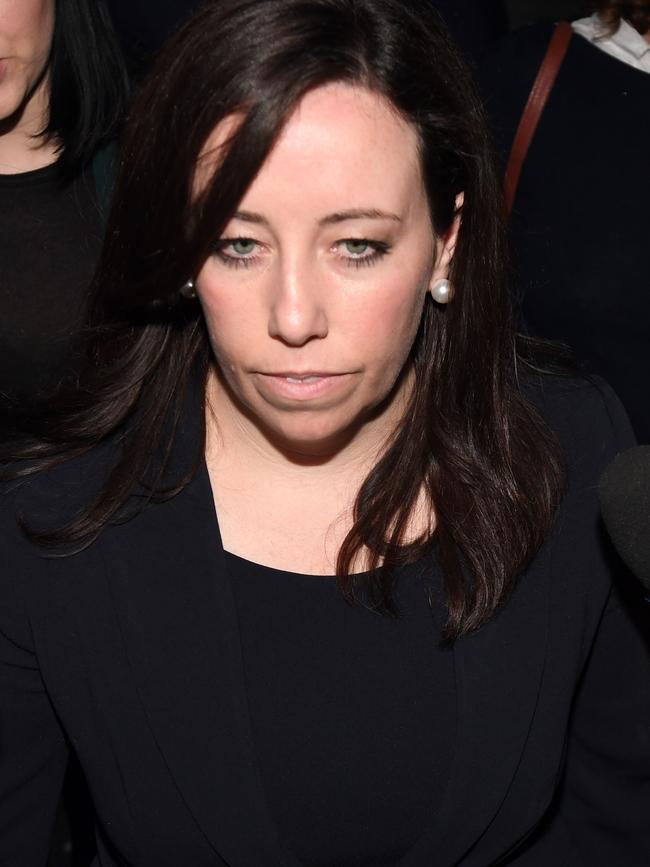Members of parliament should go back to the classroom and study ethics once more
You’re handed a bag containing $100,000 in cash. It could dramatically improve your political party’s fortunes at the next election. What do you do?
Opinion
Don't miss out on the headlines from Opinion. Followed categories will be added to My News.
- Accountant denies giving false information to protect boss
- ICAC told party boss knew ALDI bag was full of $100 bills
You’re handed a bag containing $100,000 in cash. It could dramatically improve your political party’s fortunes at the next election. What do you do?
It sounds like a hypothetical question out of some kind of online ethics module. This week though, it was the evidence unveiled at ICAC, the corruption watchdog that continues to collect scalps of the NSW political elite.
For me though, that bag held so much more within it than money.
It told a story of the win-at-all-costs attitude that often prevails in our modern political system.
It showed how the drive to beat one’s political opponent can be blinding, even when one might be looking down into a bag of cold, hard cash.
Former senator Graham Richardson even excused the role of Kaila Murnain in accepting the illegal donation of $100,000 to Labor. The “whatever it takes” mentality evident from Richardson’s autobiography helps explain a lot.
RELATED NEWS
New training to teach MPs right from wrong

The adversarial nature of politics in NSW, combined with the factional forces of our major parties, reinforces this mindset and ultimately leads to situations where strength of character loses out to strength of manipulated numbers.
It helps explain why so many people have become disillusioned with politics and why our democracy is becoming increasingly fragile.
It shouldn’t be a handicap to play fairly by the rules. Ethical behaviour should and will become a winning formula. In fact, given the extent of public disillusionment, the time might not be far away when visibly adopting ethical behaviour creates a clear path to securing election victories.
In parliament we talk a lot about spending on physical infrastructure, but it’s time we start investing more in ethical infrastructure.
As it happens, in the same week a bag of cash was being unpacked in ICAC, a few streets away in my office at parliament, work was beginning on an enhanced ethics program for NSW politicians.

To some, a program of this sort may sound like a simplistic attempt to “fix” a problem based on a deficit correction model. However, there is no suggestion of a cure-all here. What it is about is taking a crucial step on a long journey of recovery.
Politicians generally come to office with very little training in, or experience of, what they’re about to encounter. Are they ready to address the future challenges we face as a state?
While around us, private organisations and government departments alike invest in the personal development, mentoring and upskilling of their employees and executives, NSW politicians are expected to run the state with little support.
There is no doubt that the poor behaviour of a few in our field does terrible damage for the standing of and trust in the rest. Overwhelmingly, parliamentarians are good people, who enter politics to try to do good But it’s also clear that somewhere, for some, that breaks down.
As Speaker, there is opportunity and a responsibility to drive real positive change in NSW politics. Work in my office has begun to make that more likely — hopefully before another bag-of-cash saga emerges.
Jonathan O’Dea is Speaker of the NSW Legislative Assembly
